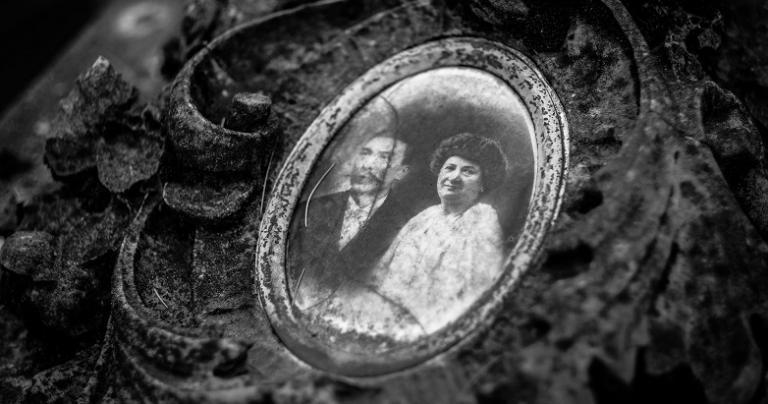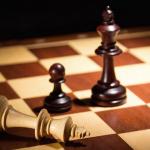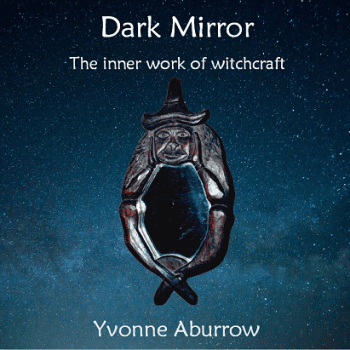Hello, beautiful creatures.
Those of you who’ve been following this blog for a while will likely be aware of my discomfort with the whole “Wheel of the Year” concept. It’s not that I dislike it, exactly. It’s a perfectly serviceable frame through which to view the rhythms of the seasons and the passage of time. Mostly, what I find uncomfortable are the ways in which the Sabbats—the eight “high holy days,” the spokes of the Wheel—are interpreted. Not to put too fine a point on it, these magical days seem to be calcified into specific dogmatic interpretations, and any questioning of their meaning or significance can be met with discomfort and resistance. It varies, depending on which day you’re questioning; my previous posts about Mabon and Samhain garnered little opprobrium, while my Beltane post inspired, shall we say, significantly more pushback.
Still, the Wheel of the Year ever turns, and once again we find ourselves approaching Samhain, that most neo-Pagan of holidays: a curious mishmash of Celtic linguistics, European traditions, and Christian aesthetics. If you’re at all witchy, or within a standard deviation of anyone who considers themselves a witch, you already know the drill here. It’s Halloween, the Celtic New Year, the “day the veil between the worlds is thinnest,” and so on.
That last bit is one of the central conceits of this high holy day, of course. For witchy types, this is a day specifically devoted to remembering and speaking with our dead. We make altars, we eat meals, we bring photos and sing songs, and we tell stories about our ancestors of blood and spirit, those who went before us. We remind ourselves about the impact they made on our lives, and we share them with the people around us, ensuring that they live on in our memories and the memories of those we love.
It’s a lovely practice, and in many ways it’s a sorely needed practice in a modern world which seems, all too often, to want to bury the past and rush away from the graveside as quickly as possible. We’re desperately afraid of death, most of us, and sitting with our dead can be educational, healing, and profoundly transformative.
There’s another side to it, though, that we don’t talk about much, to our great detriment. It’s all well and good to say that the dead love us and are there to support us, but what if that’s not true? What if our ancestors and “mighty dead” aren’t the sort of people who would look at us today with anything but contempt and hatred? What if they were genocidal racists and colonizers, or homophobic, transphobic oppressors? What if they were abusive predators, perpetrators of violence and horror that any sane person would denounce and condemn?
In other words, how do we celebrate Samhain if our ancestors were terrible people?

Here’s where I’ll tell you the thing I wish someone had told me, back when I was a baby witch: we cannot change the past, but neither do we owe it anything but the truth.
Some may argue that we owe the past a debt of gratitude, if nothing else, for all the gifts of our present life, that kind of thing. If our ancestors were sometimes less than perfect, well, no one’s perfect, right? It was a different time. They did so much for us. It would be cruel, unforgivable, rude not to honor them, even if they weren’t very nice, wouldn’t it?
No. And not just no, but hell no.
We owe the past nothing but the truth… and if the truth is that our past is filled with toxicity, abuse, rape, murder, and terror, we are obliged to see that for what it is. We don’t owe it honor, we don’t owe it our allegiance, and we certainly don’t owe it a place on our altars in the dark of the year. If our ancestors were not and are not people we would welcome into our hearts or at our hearths, we are under no obligation to bring them into our circles, to gloss over their flaws and abuses, to pretend they were other than they were.
If you find yourself in the position of confronting a Samhain ritual in which you’ll be expected to make obeisance to ancestors for whom you have no space on the altar of your heart, you have options. You can keep silent, of course. You can opt out and walk away. Or you can stay and speak the truth of your heart, privately or publicly. You can simply refuse to be party to the paying of honors to ancestors you cannot respect, or you can call those ancestors out. I can’t really advise you here. Your circumstances are not mine, nor are your struggles. Any of the things I suggest here might well make Samhain observances uncomfortable.
All I can tell you is that the gods will not praise us for speaking pleasant lies in sacred spaces.
Be blessed, dear ones, and take care of your hearts. ♥

















